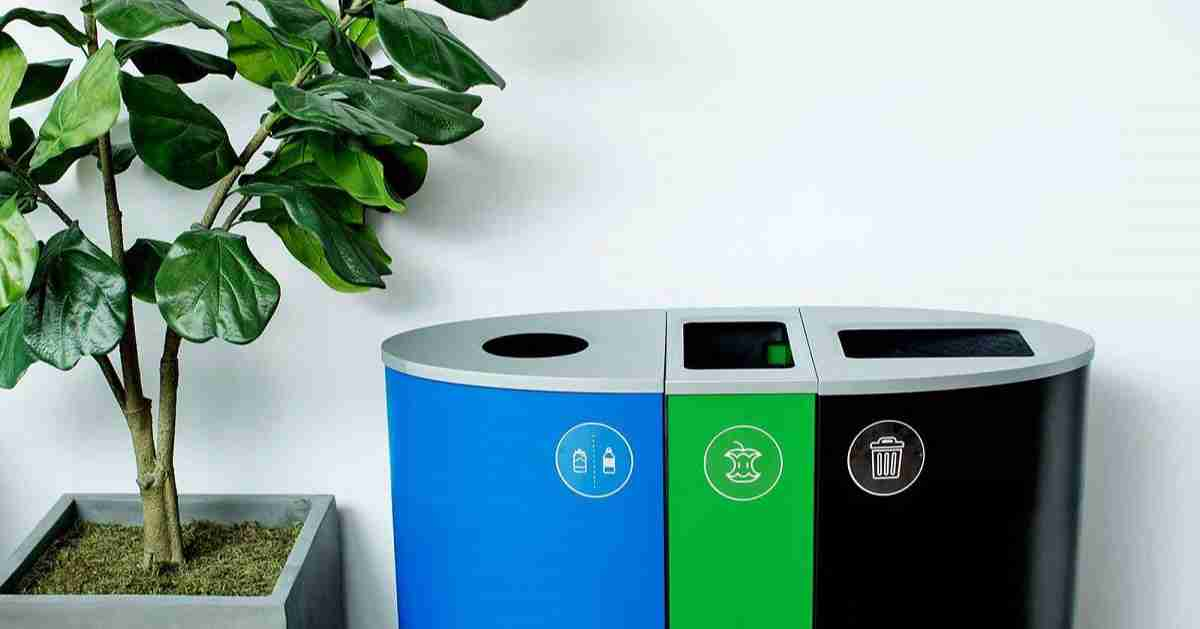Step-by-Step Guide for Conducting a Waste and Recycling Audit

Waste reduction can have a significant impact on any organization. Cutting down the waste would mean you are cutting down the expenses. So, it’s a win-win situation. But reduction will only take place if you have the data and the means to analyze it. A waste and recycling audit is a critical step to analyze your business waste stream. It will tell you the quantity of waste generated weekly or monthly and measures the amount that you can recycle out of that waste.
Conducting a waste audit annually and semi-annually gives crucial insights into the business and helps it grow. However, any successful audit needs proper planning and preparation. So, here is a step-by-step guide you can follow.
Define Your Objectives
Before running a waste audit, you need to set your audit’s objectives and the goals you want to achieve through the audit. Is it such about reducing your waste or cutting down the expenses? Do you want to bring out profit from your waste?
Your waste and recycling audit must have a purpose so your team can achieve the objectives you have in your mind.
[Read More: Socializing Continues Unabated with the help of Video Chat]
Select Your Team and Set a Date
For a waste auditing team, you need to find a volunteer from each department of your organization. This way, you can get the best outcome from the audit as every department is directly or indirectly responsible for the waste generated. However, it’s not always feasible to work with your internal teams to conduct the audit. That’s where third-party auditing services can come to your rescue.
Even if you choose a third-party audit, make sure that you include a good number of volunteers from your organization. It will help you get solutions that are effective for your business.
Next, you need to select a week for the audit, ensuring that it is only known to you and your team. Working days are usually preferable for conducting an audit. A waste and recycling audit can even take a week to complete.
Gather the necessary Equipment
Once you have chosen your team, place, and date of audit, you can get ready for the tools you will need to perform the audit. The auditors must wear protective clothing and gears. Some of the things you will need are a face mask, goggles, rubber gloves, tongs, and aprons.
To collect and sort the waste, you will need bins and labeled boxes, a scale to measure the quantity, and a clipboard for maintaining the record. There must be arrangements for proper handwashing too.
Sort the Waste
Whatever waste you have collected should be sorted according to the source and type. Please put them in the allocated bins and label the type. Some of the most common categories of sorting waste could be:
- Organic waste– food waste from your kitchen or canteen, dead leaves, grass trimmings from the garden, etc.
- Solid/recyclable waste– paper plastic, metals, ceramic and glass,
- Hazardous waste– flammable, chemically reactive, and corrosive substances
Since there are dangers in handling some waste types without expert supervision and in-depth knowledge, working with third-party auditors makes more sense. They will measure the amount of waste that your business generates weekly or monthly and label the source. It will give you an idea about the department that is generating most of the trash.
Analyze the Findings
Once you have completed the waste and recycling audit, it’s time to analyze the finding. Make sure you compare the amount of waste in each category. You can make a comparative report with all the data written systematically.
Look for the categories that amount to the highest waste and also the source of it. You can also compare each department’s data to find their waste generation habits.
Benefits of Waste Audit
This waste audit report will be crucial to help you make any changes in your business’s waste management. With the help of this report, you will adjust the costs of trash removal and reduce the container’s number and size.
When you have each department’s waste data, you can encourage and train your employees to reduce waste. You can discuss with your team and make policies on waste diversion and quantify the waste streams.
A waste audit will help you distinguish between recyclable and usable/donatable waste. You can decide on a timeline for waste reduction and recycling and see if you can achieve that or not in the next few years.
Taking steps for waste reduction will be a powerful marketing opportunity for your business. You can show the customers your efforts to minimize waste and embrace eco-friendly policies.
